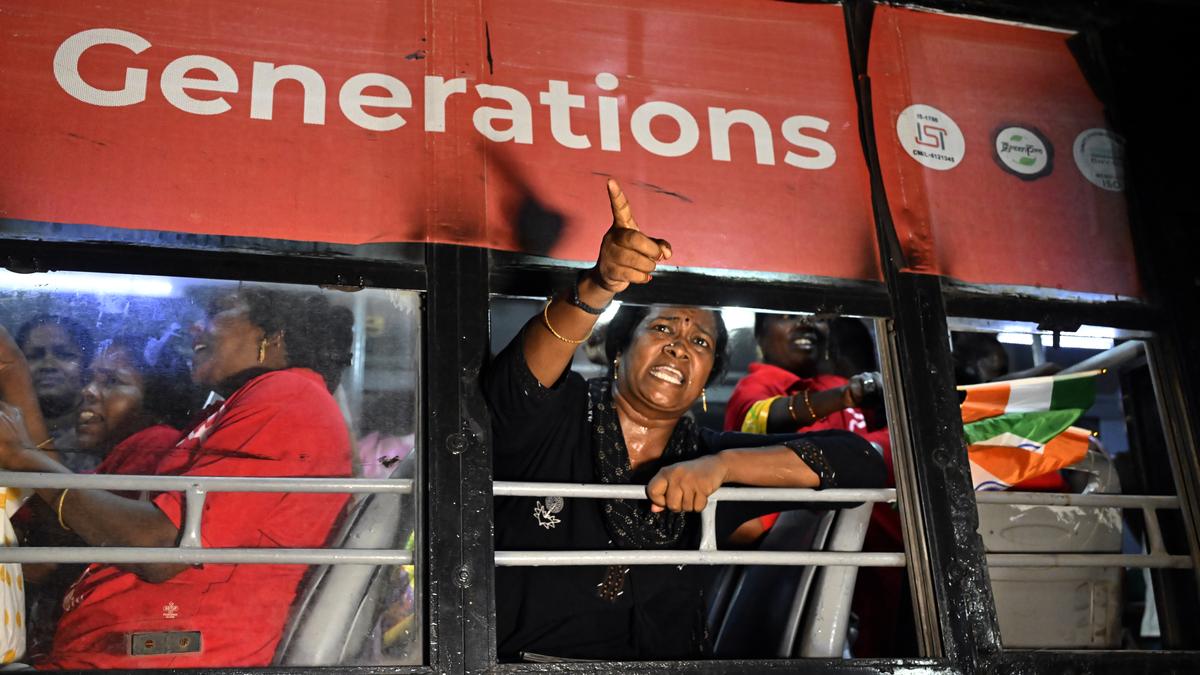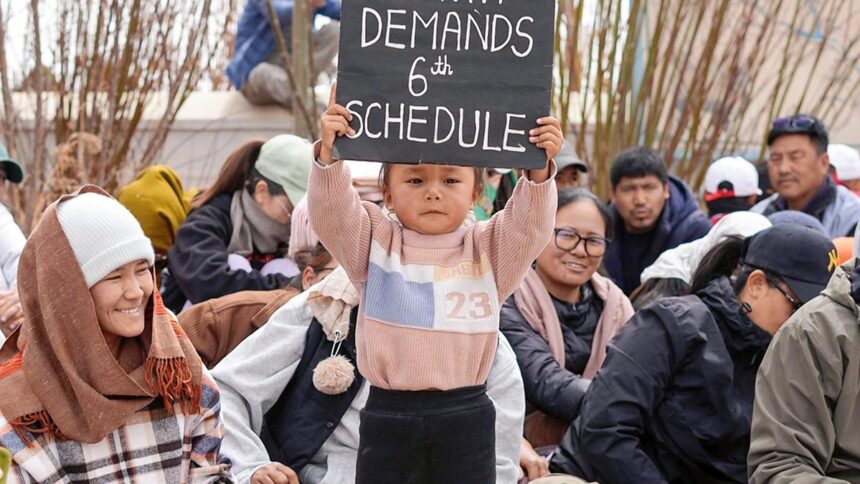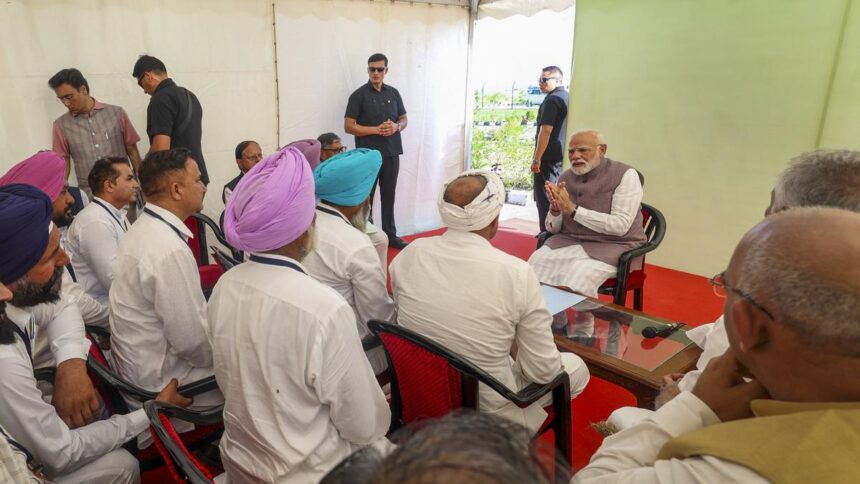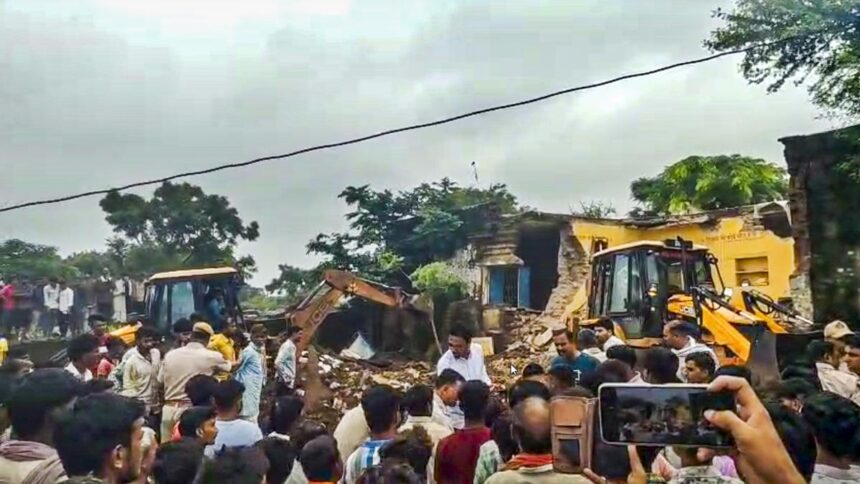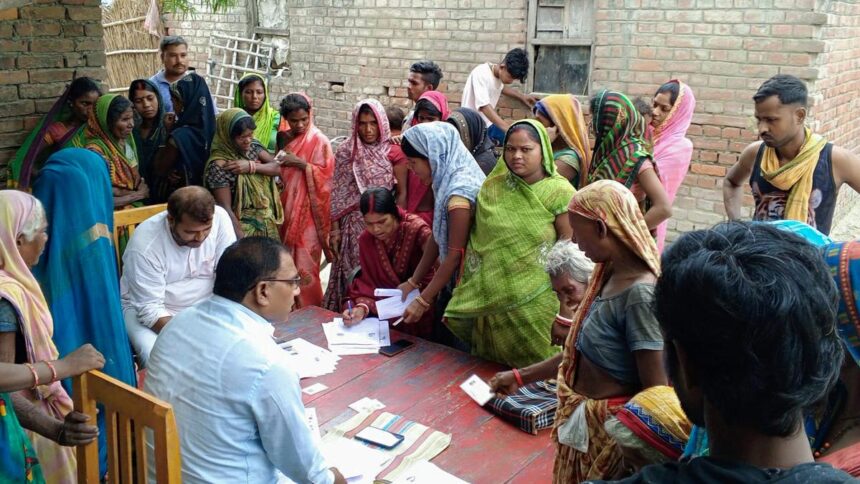
Police detained all the conservancy workers of the Greater Chennai Corporation, who have been staging a protest for the past 13 days in Chennai on August 13.
| Photo Credit: AKHILA EASWARAN
The story so far: In contemporary times, every sector is moving towards privatisation and contractualisation of the workforce. The recent struggle by conservancy workers in Chennai against privatisation, demanding regularisation, and the way in which they were arrested created a political storm in Chennai.
What happened in Chennai?
Contractual work under the government was providing conservancy workers with minimum wage, which will be further reduced when working under a private contract system. Since a majority of conservancy workers belong to the Dalit community, there were voices against regularisation, as it might perpetuate the caste-based profession within the community for generations. But working under a private contractor is not going to break this nexus.
Has Bengaluru also faced the same?
A recent study by the authors on civic workers (pourakarmikas) in Bengaluru has shown progressive changes in their life after the Karnataka government announced the regularisation of around 12,000 civic workers this year. The 1976 report of the Committee on Improvement of Living and Working Conditions of Sweepers and Scavengers under the chairmanship of IPD Salappa was one of the important interventions which suggested changes in conditions of pourakarmikas in Karnataka. The extensive report discussed various aspects related to their housing, health, work safety, job security, etc., and suggested sweeping measures for rehabilitation and providing healthy living and working conditions for them. Even though, regularisation was not a major issue back then, the privatisation and contractualisation of labour after the 1990’s has worsened the status and situation of civic workers so much that it has become impossible to break the caste-profession nexus. Untouchability in the form of no access to water, toilet, and other basic necessities for menstruating and pregnant women still prevail.
But, the recent regularisation has given them hope to break this chain. After sustained struggle under the AICTTU, the government of Karnataka implemented two important measures in 2017 and 2018. In 2017, they implemented minimum wage and in 2018, they removed contractors and brought pourakarmikas under the direct payment system of the Bruhat Bengaluru Mahanagara Palike with an assurance that they will be made permanent.
How to break the caste-job nexus?
Most of the pourakarmikas feel that regularisation and job security play a significant role in breaking the caste-profession nexus. It provides a safety net and protection to fight against exploitation and discrimination. It can also strengthen bargaining power which is much needed in the fight for equality. The pourakarmikas, under the earlier private contract system, did not get minimum wages, safety equipments, leave entitlements, compensation for injury/death and other legally mandated benefits. Such uncertainty had been a major hurdle in focussing on their health, children’s education and other aspects to bring the next generation out of the caste-profession nexus. After regularisation, they are making an important demand of internal promotion to work in any administrative position to break the caste-profession nexus in the long run.
What should the DMK do?
The government of the Dravida Munnetra Kazhagam (DMK), which is ideologically rooted in social justice and caste annihilation, has to seriously rethink its approach towards the regularisation demand of conservancy workers. Even though, the government has announced various welfare measures, these will not be able to break the caste-profession nexus, while working under private contractors as job insecurity will be a major hurdle for them to challenge exploitation and discrimination. The government should consider regularisation, internal promotion, other affirmative measures and stand with them in their struggle to break the caste-profession nexus.
Venkatanarayanan Sethuraman, Vijayalaya Srinivas and Viji Bathirasamy teach at Christ University, Bengaluru.
Published – September 10, 2025 08:30 am IST








